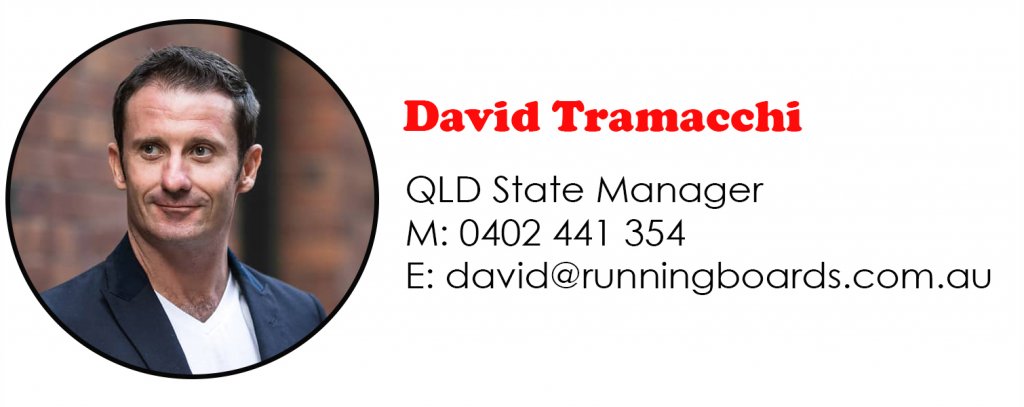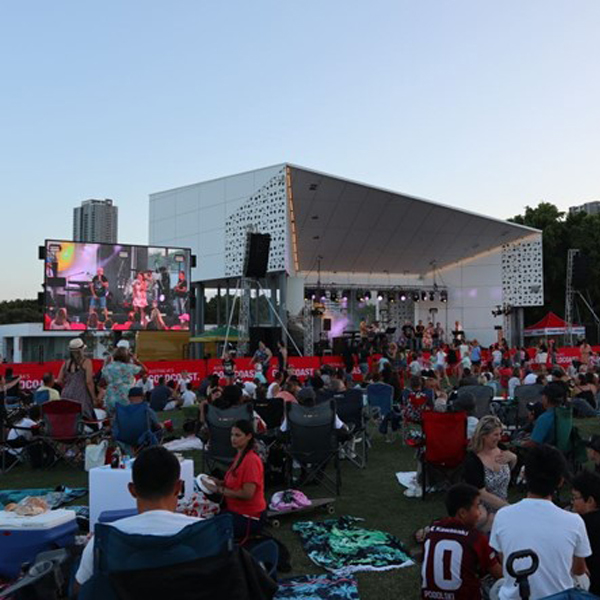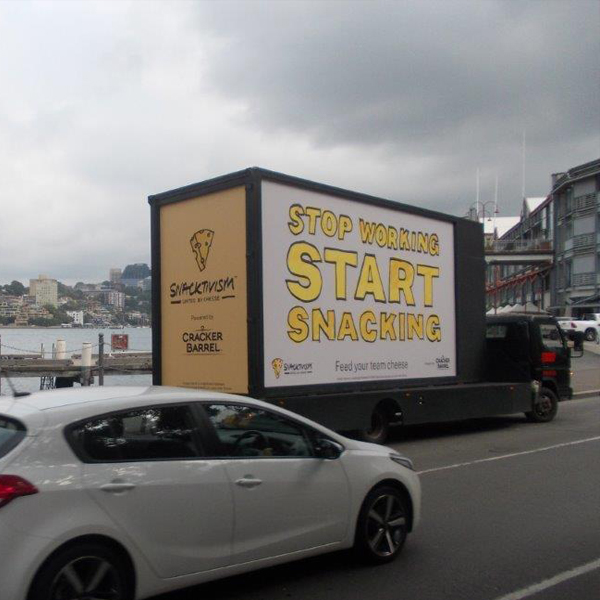Being an event manager is a BIG responsibility. Knowing how to plan an event so that it runs smoothly can help save a lot of time and energy. Luckily, Running Boards has been delivering successful events and digital screens across Australia for over 10 years.There are lots of moving parts so let us help make hiring an LED outdoor event screen easy for you!
Here is a list of things to consider.
Event goals
It’s important to consider the overall goals of your event.
- Is it to sell tickets and raise revenue for artists or a charity?
- Create awareness for a cause or movement?
- Bring the community together for a Cultural Festival, Christmas Carols or New Years Eve?
- How can your event stand out and what will the drawcards be?
Consider what success will look like for your event and how that can be achieved.
Budget
Whilst budget can sometimes be a sticking point in conversation with suppliers, it’s important to provide one, so suppliers can work towards a goal and determine what can be supplied. This will also allow them to consider what extras they can provide in line with the size of your budget. It’s always best to give an realistic figure and build from there!
Crowd size
Events can be a few people to a few thousand people, it’s important to understand just how big your event will be. This helps in planning a space and logistics, helping suppliers understand what they need to bring.
- How many people attend?
- Event length?
- Supplier bump in times?
- Supplier bump out times? (Crowds take time to disperse after a large event)
- Is there one area or multiple areas?
Dates
The date of your event can also be affected by other major events around it.
Try holding a product launch on Melbourne Cup Day or AFL Grand Final Day!
- Is this a major event date? Will it clash with anything else?
Consider events such as AFL Finals, NRL Finals, Melbourne Cup Day and New Years Eve.
Space required
Crowds need space – lots of space!
- Ensure there is plenty of room for attendees – consider entrance ways and exits.
Also consider your Supplier, is there a separate entry/exit for suppliers or are they using the same ones as crowds? - Bump in space and room required for vehicles and equipment setup, etc.
Power & electricity
It takes a lot of brain power, man power and electrical power to run an event.
If you’re using an established venue there will most likely be pre-installed power outlets for the event. If you are having the event on a football field or in a car park, you will need to hire generators to supply enough power for everyone.
Large PA sound systems and digital event screens are power hungry by nature.
- 10 AMp (standard wall outlet) vs 15Amp (caravans) & 32Amp 3 Phase (industrial grade)
- Distance of power to the screens (within 25m). Keep your screen close to power, they don’t like really long distances.
- Food trucks on a separate circuit etc – it’s always good practice to keep the food trucks on a different circuit to the sound & outdoor digital screens – a burnt chip in a fryer could short circuit the entire event!)
Health & safety management
If overnight bump In etc need to have security look after all vendors equipment etc
- Closing off streets or private property.
- Council approval & legals etc.
- Radio communication between event organiser and key team members.
- First aid officer and event medical team
- COVID safe plan
LED screens
- Running Boards has two different sized outdoor digital screens which generally cover most uses.
Digital Screen 6 (6 meters) is recommended if your audience is between 25-150 people.
Digital Screen 15 (15 square metres) is recommended for larger crowds over 150 people all the way up to many thousands!
- NO white content. White content uses ALOT of power which can cause the screen to unexpectedly ‘spike’. This can put a strain on your power supply so it’s best to avoid full white backgrounds where possible.
- Time of day – is your event at night or during the day? The afternoon sun is a consideration when placing the screen.
Audio/visual and content
Delivering the ‘content’ for an event requires technical specialists trained in technology, event experience and problem solving skills. Whilst a laptop may be enough for some smaller events, once you start having multiple performers and sources of information, such as cameras and sponsorship slides on your screen, you’ll need to consider how to smoothly transition from one to the other, and back!
- Live TV or Foxtel.
- Laptop.
- Live cameras (one fixed point).
- Video recording the event (for social media and performers showreels).
- Live cameras (roaming/wireless in the crowd).
- Vision mixer – to switch between Powerpoint slides & live cameras.
- Microphones?
- Speakers (consider how many people in the crowd – 10,100 or 1000?).
- Sound recording of the concert/event (to give to performers afterwards).
Weather
Despite the best of plans, Mother Nature always has a way of showing us who’s boss!
If the event is indoors, then you’re in luck, but if you have a large scale outdoor event make some contingency plans in case of rain or bad weather.
Keep an eye on weather forecast weeks or days out from the event.
Please give your suppliers plenty of time if you need to reschedule or postpone the event.
Remember, your suppliers want you to succeed, they will generally work with you if you need to move the dates around because of weather.
Now, please sit back, enjoy your event, and the happiness it will bring to your community!


